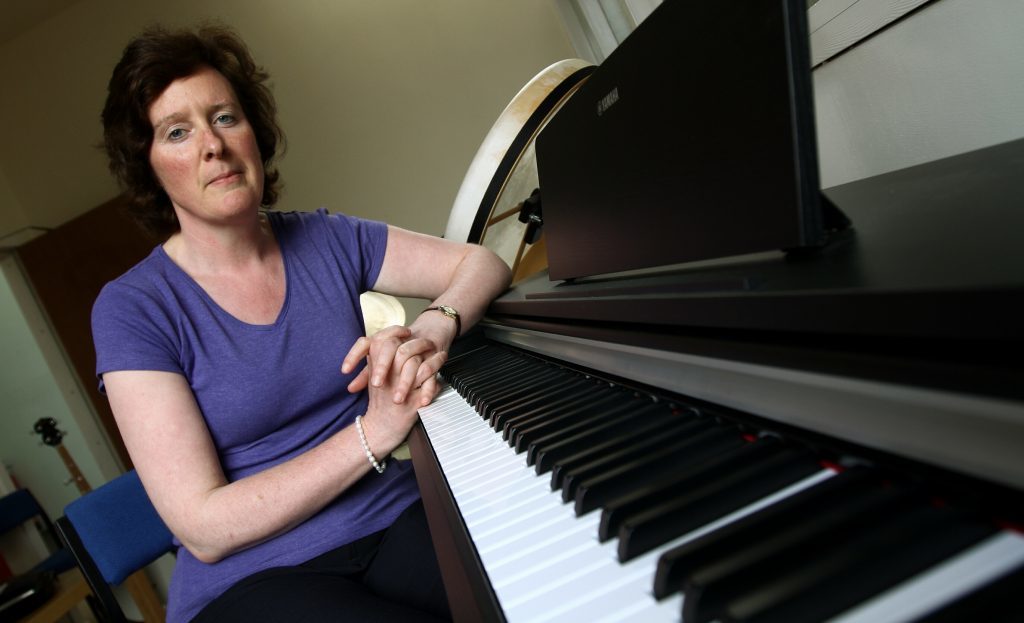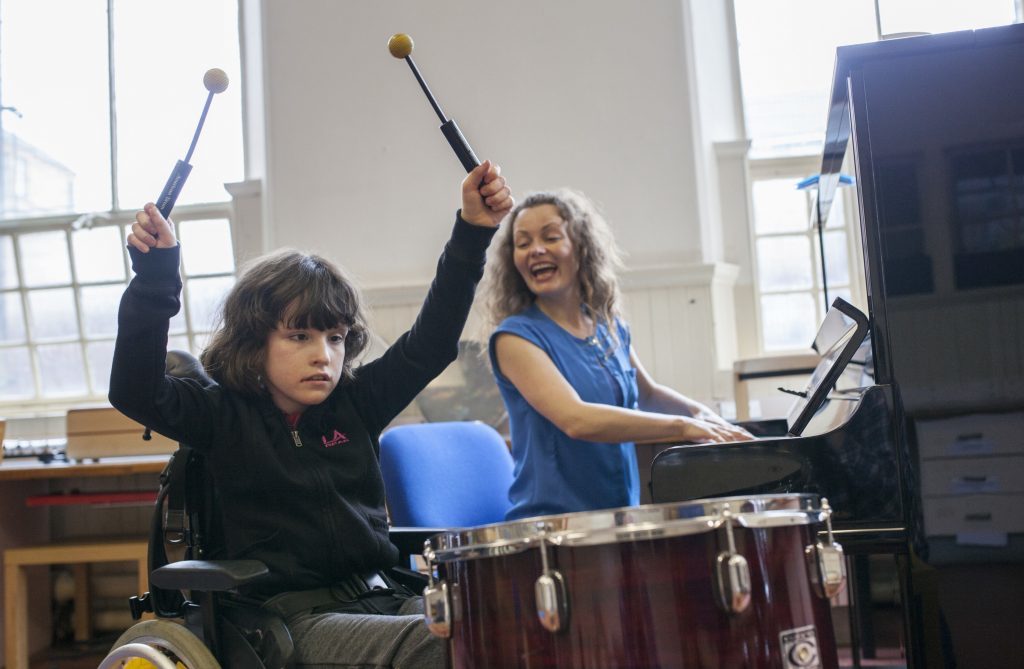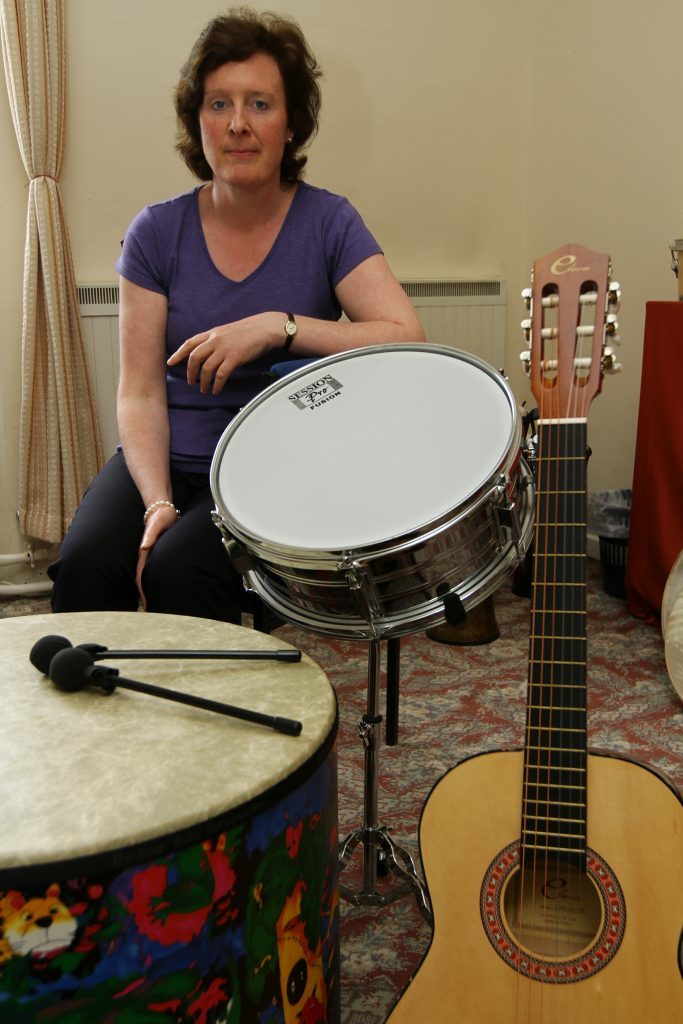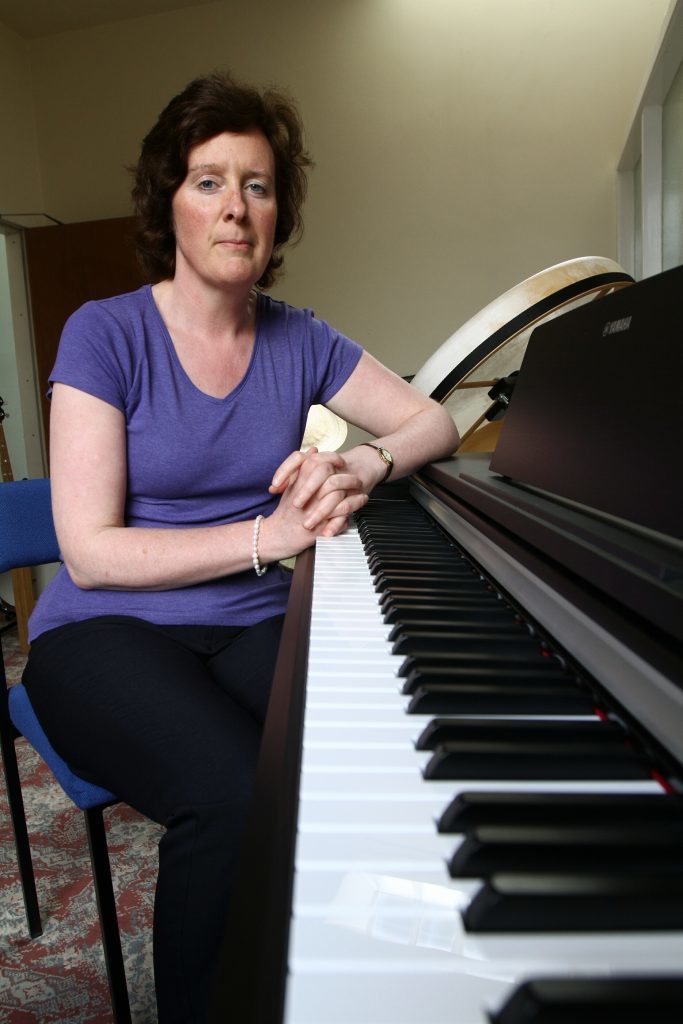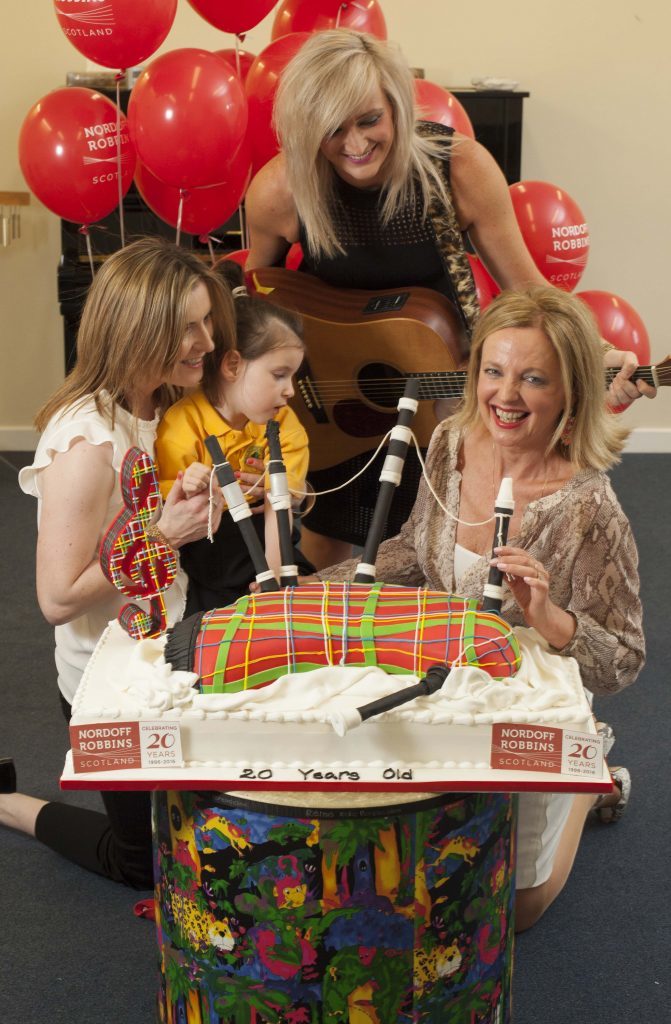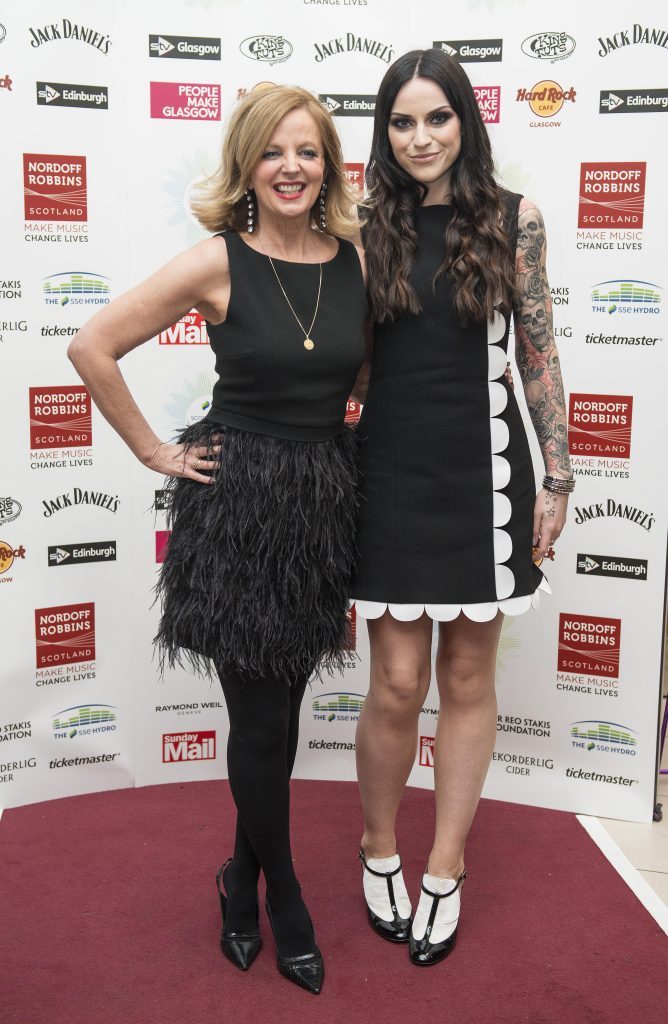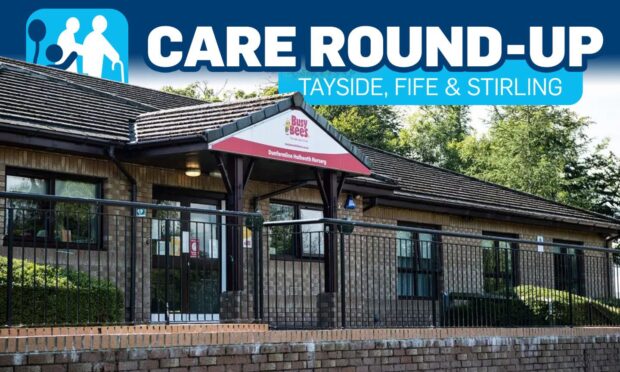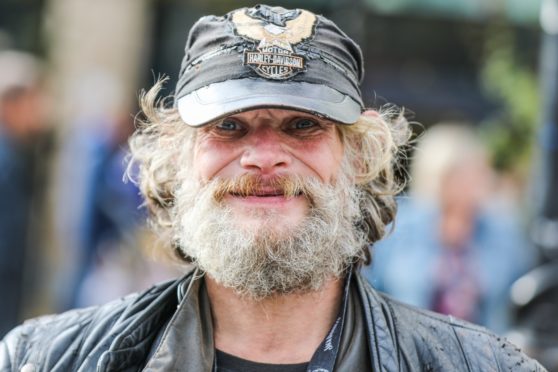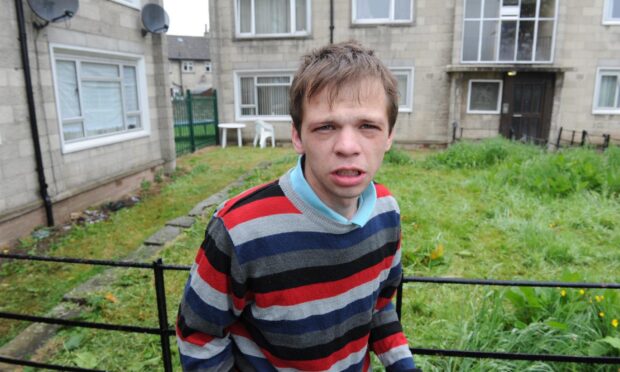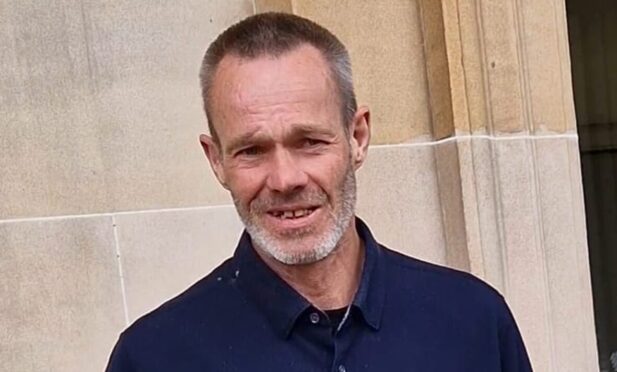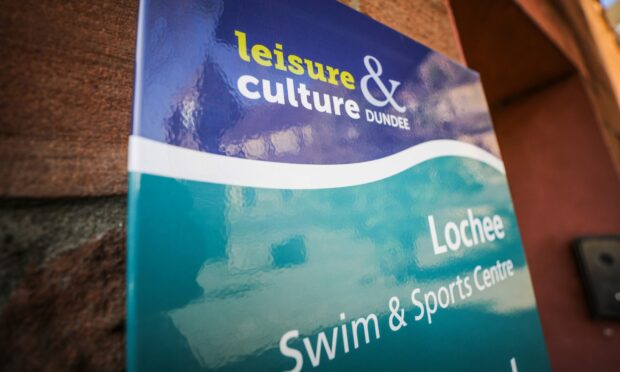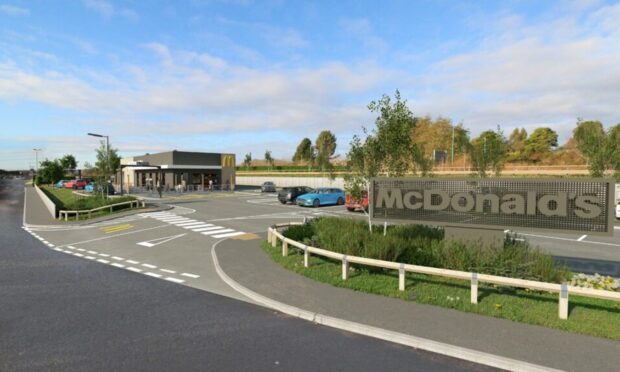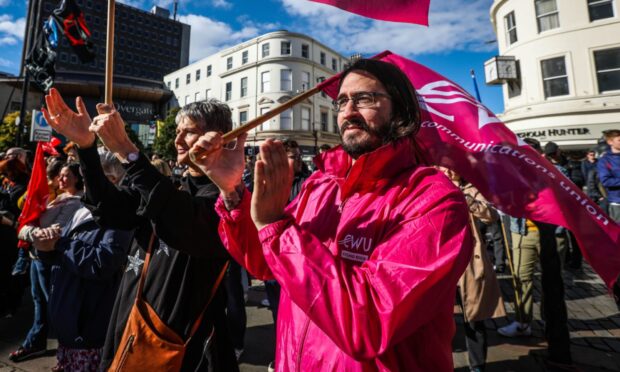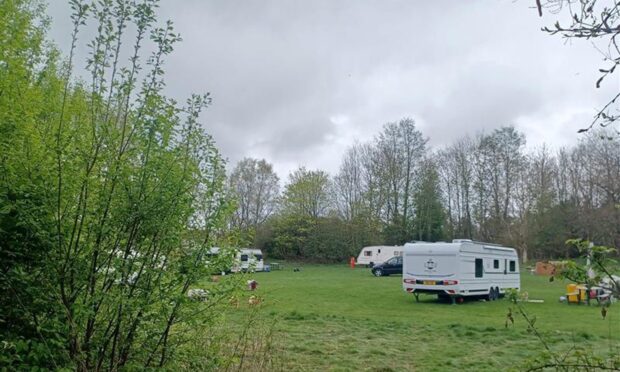Music therapists at the Nordoff Robbins Scotland charity’s base in Dundee are bringing ‘immeasurable benefits’ to peoples’ lives across the city and beyond, discovers Michael Alexander
Six-year-old Leona skips down the corridor and can’t wait to enter the music room which contains a piano, xylophone and a range of percussion instruments.
The youngster has autism and no speech. She finds it extremely difficult to socialise with her brother and sister.
But when she takes part in one of her weekly Nordoff Robbins Scotland music therapy sessions, it awakens something deep inside her. She spontaneously laughs and giggles and begins crashing a cymbal in response to her music therapist’s singing.
As well as interacting with her mum who is present, it gives her a space to be herself, to discover her natural sense of rhythm and to ultimately become confident in who she is.
The look of joy in the girl’s eyes says it all. But her mum, who is becoming quite emotional at seeing her daughter so happy, also hopes the interaction will help Leona interact more with the family at home, and build her confidence for the future.
Mary Veal, 45, who is head therapist for Dundee, Angus and Tayside with the charity Nordoff Robbins Scotland, feels “immensely privileged” to be able to run these kind of sessions at the Pastoral Centre in Dundee’s Lawside Road.
The Dundee-born former pupil of St Joseph’s Primary and St John’s High School studied at the Royal Scottish Academy of Music and Drama in Glasgow before teaching music at Menzieshill High School in her home city for seven years. She then moved to the city’s Kingspark School to broaden her experience of children with certain needs.
Having always wanted to combine her passion for people with her passion for music, Mary then retrained in music therapy, which is the clinical and evidence-based use of music within a therapeutic relationship.
She helped Dundee City Council set up its former music therapy unit then, after working as head of a unit back in Glasgow for three years, helped Nordoff Robbins set up its unit in Dundee in October 2009.
Two other music therapists – Margaret Broad and Kassandra e’Silva – have been employed since, with Lizzie Sharp recently taken on to cover Aberdeen and Aberdeenshire.
Mary says music therapy is invaluable as a means of addressing physical, emotional, cognitive, and social needs of individuals.
Communication
It provides a variety of avenues for communication that can be helpful to those who find it difficult to express themselves in words.
“In Dundee we work with children of less than one-year-old up to people well into their 60s,” she explains.
“We work with people who have a full range of physical and emotional issues, learning difficulties, autism, right through to people who might be having a bad reaction to a bereavement or someone who is suffering low self-esteem after battling cancer.”
Mary explains that after assessing the strengths and needs of each client, the music therapist sets personal objectives for the client, often in conjunction with the person taking part, their relatives or carers, and other professionals.
To reach these objectives, each session could include creating, singing, active music-making, moving to and listening to music.
These aims can change as the client progresses and the format that the music therapy takes will develop, according to the needs of the individual.
Inate
“Peoples’ ability to respond to music is inate and remains unimpaired even if that person is unable to speak or express themselves,” she says. “Research involving Alzheimer Scotland has shown it can bring profound benefits to people with dementia.
“It brings benefits to overall physical rehabilitation and facilitating movement, increasing people’s motivation to become engaged in their treatment, providing emotional support for clients and their families, and providing an outlet for expression of feelings.”
Mary, who is organist with St Andrews Cathedral in Dundee and recently finished as director of Angus Choral Society, adds that people engage in music therapy in a way that’s right for them. Sessions can be one-to-one, or in groups. Sometimes family members, friends or carers join the sessions. Clients usually attend music therapy for at least a year, although this depends on their responses and progress.
Yet raising enough funds to meet demand is a continual challenge for Nordoff Robbins Scotland, which recently celebrated its 20th anniversary.
The charity’s chairman Donald Macleod said: “In 1996 we started in two special schools and a room in a hospital. Now we work with around 430 people a week and have two centres, two smaller clinics and most recently have started a service in partnership with Alzheimer Scotland in Aberdeen.
“Our team now comprises 16 therapists who use music to reach some of the most isolated people in our society. We always have a waiting list but for every new client and service we provide, we need to raise more funds.”
The main fundraising event of the year is the Scottish Music Awards held every November in Glasgow but the charity is urging music lovers across Scotland to support their work in any way they can.
